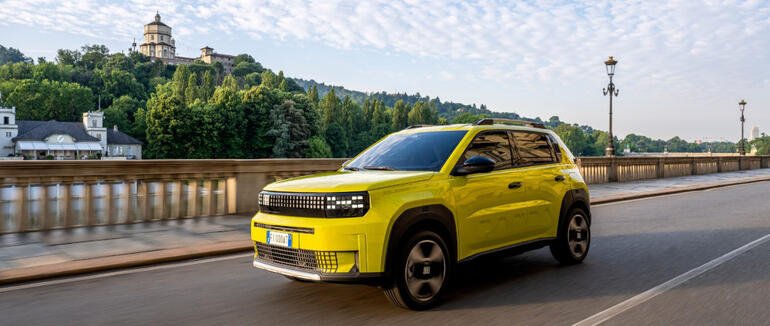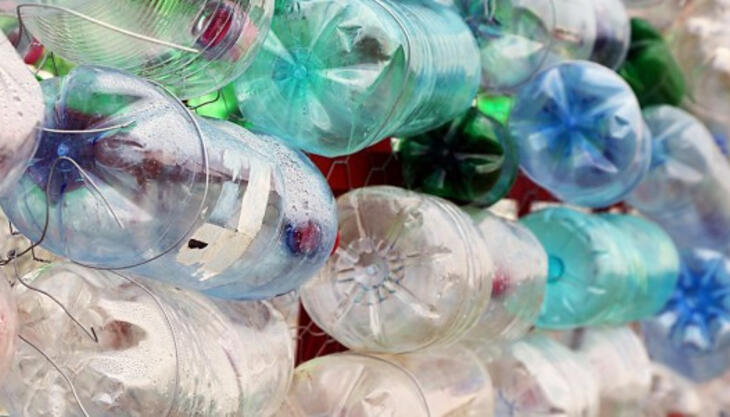Fiat embraces advanced recycling for the Grande Panda

Fiat has marked a significant milestone for the circular economy in the automotive sector: the new Grande Panda is the first mass-produced vehicle in the world to feature components made from polyAl, a plastic material derived from recycled beverage cartons.
Developed through a collaboration between Tetra Pak and Italian compounder Lapo Compound, the project led to the creation of Lapolen Ecotek, a high-performance compound based on polyAl that meets the strict mechanical and aesthetic requirements of the automotive industry.
Each vehicle contains a quantity of material equivalent to the recycling of approximately 140 beverage cartons, used in visible interior parts such as the dashboard, centre console, and door panels.
PolyAl, a combination of polyethylene and aluminium, is the non-fibre fraction of beverage cartons, typically more challenging to recover compared to cellulose. Tetra Pak, a long-time advocate for the complete recycling of its packaging, has invested in building supply chains that valorise this fraction as well.
In Italy, the transformation of polyAl into a high-performance compound has been entrusted to Lapo Compound, which developed an industrial process to make the material suitable for automotive applications – ensuring both mechanical strength and surface quality.
The initiative is part of Fiat’s “less is more” strategy, aimed at reducing the environmental impact of its vehicles through more efficient use of materials. The Grande Panda also anticipates future EU legislation that will require vehicles to contain at least 25% recycled plastics by 2030.
Now available in several European markets, the new Grande Panda will also reach non-European markets by the end of 2025. Meanwhile, Lapo Compound is exploring further applications for Lapolen Ecotek in other industrial sectors, paving the way for a new generation of multi-purpose recycled materials.



















